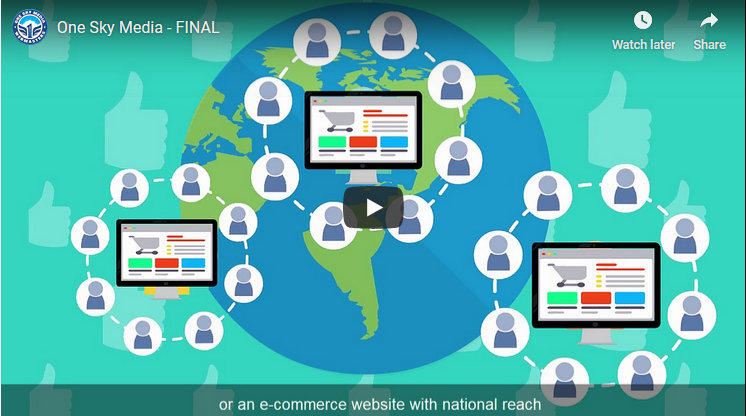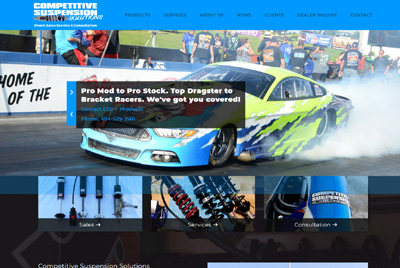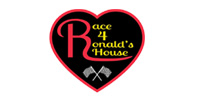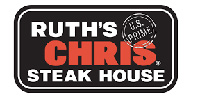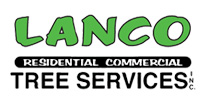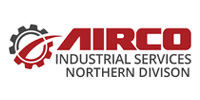I’ll try to answer this question as simply as possible and not overwhelm you with details. The answer is, it depends. It depends on:
- The competition for your target search market. Low competition may mean that you can quickly get traffic from organic search engine optimization. High competition level may make PPC a more attractive solution.
- The time horizon upon which you need traffic and leads from your website. If you need to fill your pipeline with leads and your business is in anything but an uncompetitive target market, your only choice (initially) will be PPC.
- The total cost of ongoing SEO that will make your website a competitor in your target market. Very competitive, national, and/or broad-reach target markets may be cost-prohibitive to enter for organic search engine optimization.
- The cost per click (visitor) for each of the search phrases you need to purchase. Depending on the bidding behavior of competitors for your ideal search phrases and each of their CPC’s (cost per click), along with the historical conversion rate of visitors to leads and sales of your market will determine if PPC is a cost effective method of generating traffic and leads. It should be noted that PPC is run as an ongoing live auction by Google in their Adwords system, and CPC prices can fluctuate wildly depending on behavior of competitors in your respective market.
- The historical conversion percentage of visitors to leads in your market by your website, along with the conversion rate of leads to sales and profit per sale.
The Car Dealer
A local major brand new car dealer contacted us with a problem. Their competitor at another brand auto dealer located nearby, had been bidding in Adwords for their keywords. What’s the problem you ask? No one clicks on those ads anyway, but they do. Now whenever someone searched for our car dealer and his brand and location, there at the top of the results sat the competitors’ ad and website link. Our client was top ranked in the organic results. Number one.
It appeared that Google had sold our dealer out. He needed to retaliate. If it was good enough for them, he would do it too! He wanted an Adwords campaign setup immediately. He requested we bid him into number one position, for his own keywords and also his competitor’s. We did it!
Several weeks passed by, and we had not yet consumed his original $250 budget. A few more weeks and when it was time to refund the account, we were told to apply another $250. As the weeks passed the spending seemed to increase to the point where the $250 payments were disappearing in less than a week. Our dealer wasn’t worried; he said start making $500 deposits.
Within a week the first $500 deposit was gone. We made another, now we had the client’s attention. He called and asked “What’s going on?” “This is getting expensive.” I explained that while his brand and location ads were running at about a half dollar per click/visitor the rankings for the competitor’s brand and location had run up to ten dollars per visitor. The competitor saw our dealer ranking above him for his brand, and started what was essentially a bidding war to be number one for his own brand. I guess it’s really true, what goes around comes around.
Once you have some experience with PPC you may have a better appreciation for organic SEO.
Google’s Pay Per Click system is setup to foster this behavior; it is essentially an online live auction. The only difference is the highest bidder is not always the winner. The winner is the ad which brings the highest revenue to Google. If your ad brings sufficient click-through traffic, Google will rank you above the competitor, even with a lower bid. If your competitor has a lower daily budget, and your ad pays Google more per day, you’ll find yourself at the top.
The system essentially is built to feed not just the needs of advertisers, but the seemingly never- ending appetite Google has for earnings.
Google doesn’t eat everything. They share with those who bring advertisers to them. This past summer the delivery man knocked on our door carrying a package from Google. To our surprise inside were all kinds of goodies. Chocolates, energy bars, and a short note saying that they didn’t want us to go hungry while we were working so hard!



